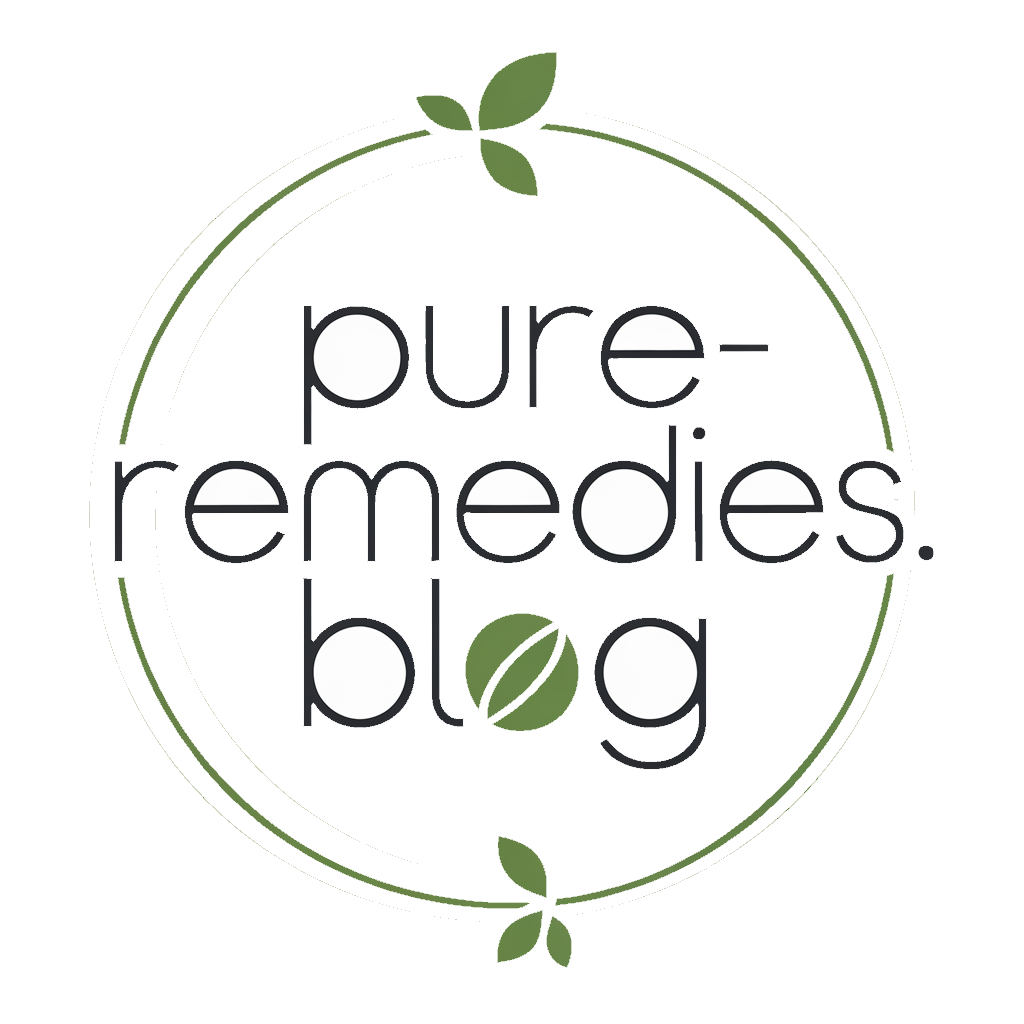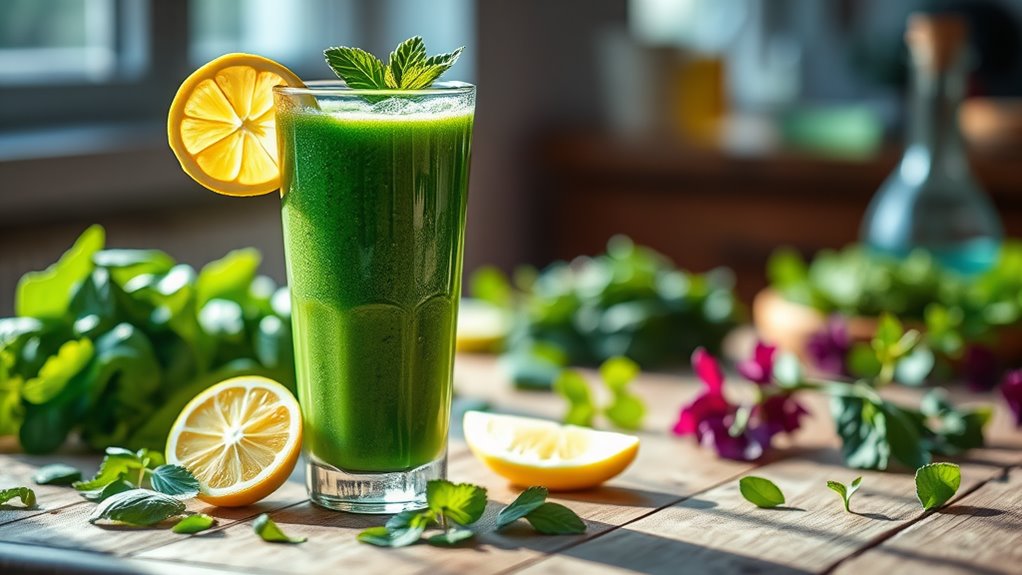Heavy Metals in Your Body. Remove Them With This DIY Detox!
Heavy metals might be lurking in your body, silently causing a range of health issues. From fatigue to headaches, these toxins can greatly impact your well-being without you even realizing it. Fortunately, a DIY detox can help you combat this unseen threat. By understanding the sources of heavy metals and implementing effective dietary and lifestyle changes, you can start reclaiming your health. So, how do you begin this transformative journey?
Understanding Heavy Metal Toxicity
Heavy metal toxicity can sneak up on you, often without obvious symptoms until it’s too late. You might feel fatigued, experience headaches, or notice digestive issues, but it’s easy to overlook these signs. Recognizing the problem is the first step towards feeling better and reclaiming your health.
Many people don’t realize that exposure can come from everyday sources. But don’t worry; you’re not alone in this.
Plenty of people seek relief and find that the best home remedy for heavy metal detox is focusing on your diet. Incorporating cilantro, chlorella, and spirulina into your meals can help bind heavy metals and support elimination. Furthermore, adopting a nutrient-rich diet can enhance your body’s natural detoxification processes.
You might also sip on detoxifying herbal teas or infuse your water with lemon and apple cider vinegar. Simple changes in your routine can create a supportive environment for your body and help you feel more connected to your health journey.
Common Sources of Heavy Metals in Our Environment
Everyday life often exposes you to various sources of heavy metals, making awareness essential for your health. Recognizing these sources can help you take proactive steps in your detox journey.
Here are three common sources of heavy metals that you might encounter:
-
Food and Water: Certain fish, like tuna, can accumulate mercury. Water contaminated with lead is another hidden threat, especially in older pipes.
-
Household Products: Many everyday items like cosmetics, paints, and even some cleaning supplies can contain heavy metals, impacting your well-being without you even knowing.
-
Occupational Exposure: If you work in industries like construction or manufacturing, you might be exposed to metals like lead or cadmium, increasing your risk of accumulation. Additionally, understanding the health impacts of toxic heavy metals can further motivate you to reduce your exposure and pursue detoxification strategies.
Symptoms of Heavy Metal Accumulation
Recognizing the symptoms of metal accumulation is essential for maintaining your health. You might experience fatigue, headaches, and digestive issues, which can feel overwhelming.
If you notice sudden changes in mood, such as irritability or anxiety, it could be linked to heavy metal exposure. Additionally, you may find yourself struggling with memory or concentration, making daily tasks more challenging.
Some people even report joint pain or unusual muscle aches that seem unexplainable.
If you’re part of a community that values wellness, talking about these symptoms can help you connect with others who understand your struggles. Remember, you’re not alone—many face these challenges, and acknowledging them is the first step toward a healthier you.
Effective Dietary Changes for Detoxification
Addressing the symptoms of heavy metal accumulation can often lead you to contemplate dietary changes that support detoxification.
Making thoughtful choices can’t only help you feel better but also foster a sense of community with others on similar journeys.
Here are three effective changes:
-
Increase Antioxidant-rich Foods****: Load up on fruits and veggies, especially berries, kale, and spinach. They combat oxidative stress from heavy metals.
-
Incorporate Fiber: Add whole grains, legumes, and seeds to your meals. Fiber helps bind heavy metals in the digestive system, promoting elimination.
-
Stay Hydrated: Drink plenty of water and herbal teas. Staying hydrated supports kidney function, essential for detoxification. Additionally, a natural detox beverage can enhance your efforts to remove heavy metals from the body.
Lifestyle Modifications to Support Your Detox Journey
While dietary changes are essential for detoxing from heavy metals, integrating specific lifestyle modifications can further enhance your journey. Embrace regular physical activity; it boosts circulation and encourages your body to eliminate toxins.
Consider joining a local yoga or fitness class to foster a sense of community while you move.
Make mindfulness a habit, too. Meditation and deep-breathing exercises can help reduce stress, which otherwise hampers your detox efforts. Surround yourself with support—connect with friends or family members who share your wellness goals.
Prioritize hydration; drinking plenty of water aids in flushing out toxins. Aim for quality sleep as well; it’s vital for your body’s natural detox processes. Additionally, starting your day with morning hydration can significantly improve your overall mental clarity, making it easier to stay focused on your detox goals.
Finally, consider simplifying your home environment by minimizing exposure to harmful chemicals, fostering a positive space for healing.
With these lifestyle changes, you’ll feel more empowered and connected on your detox journey.



